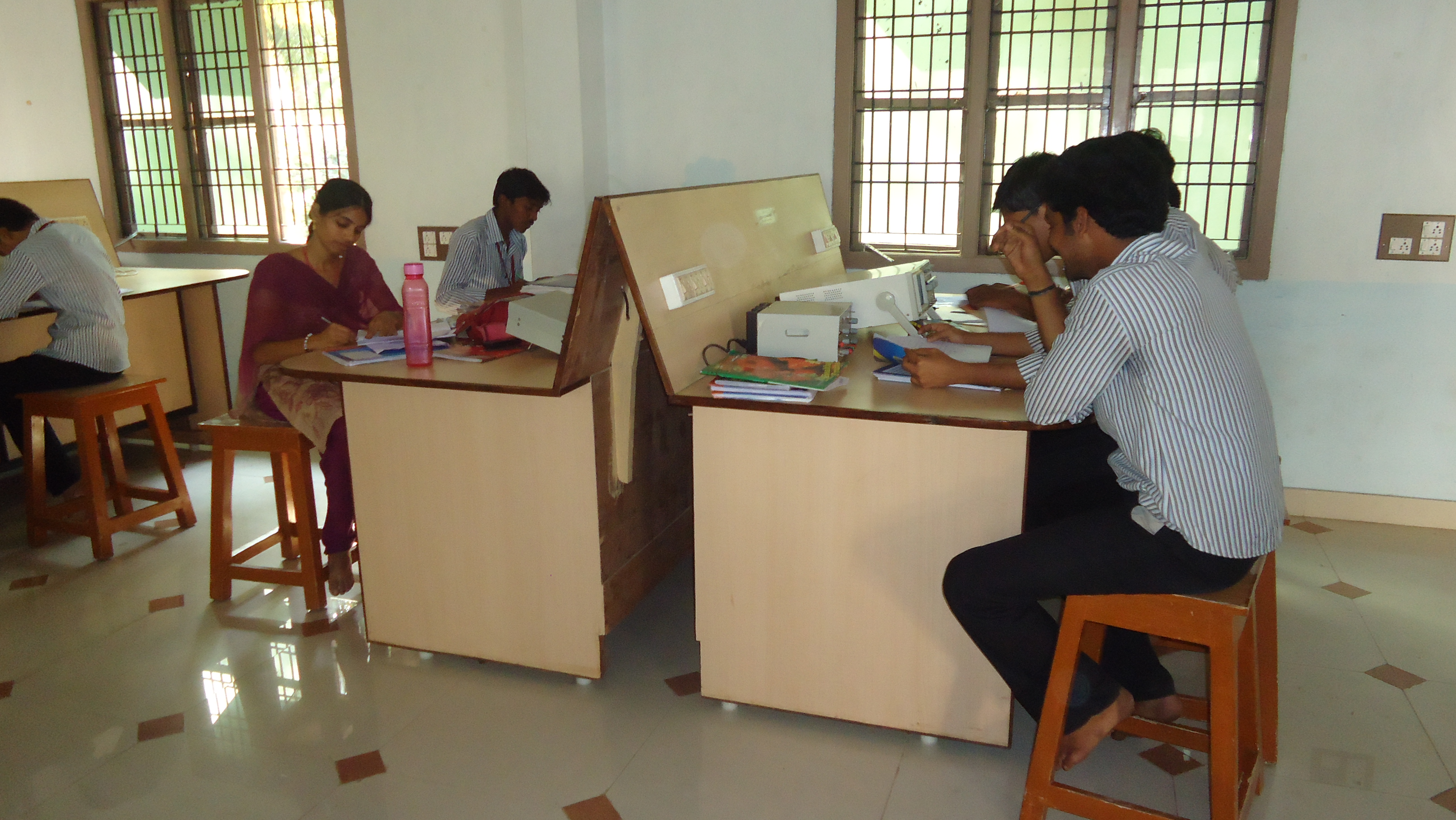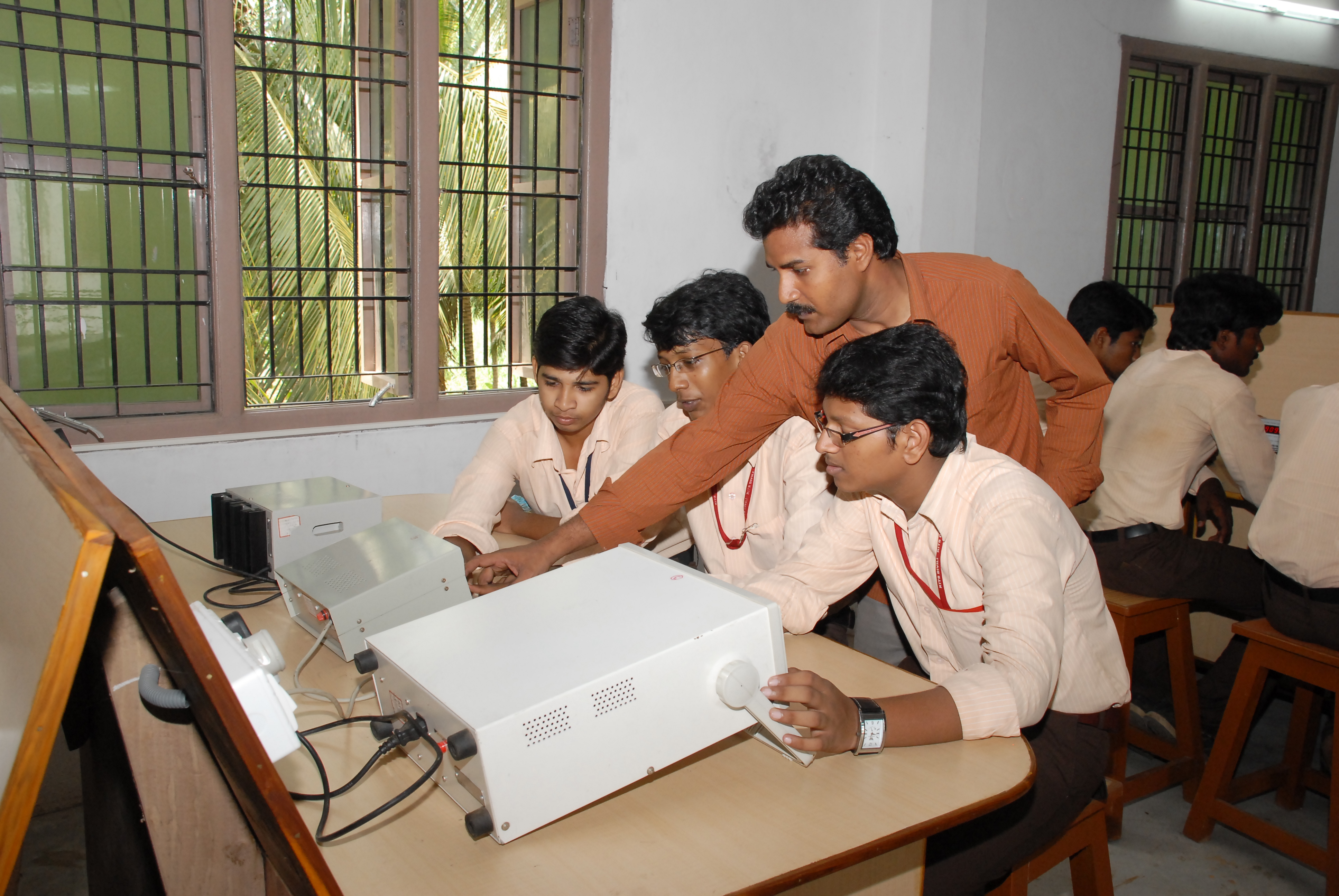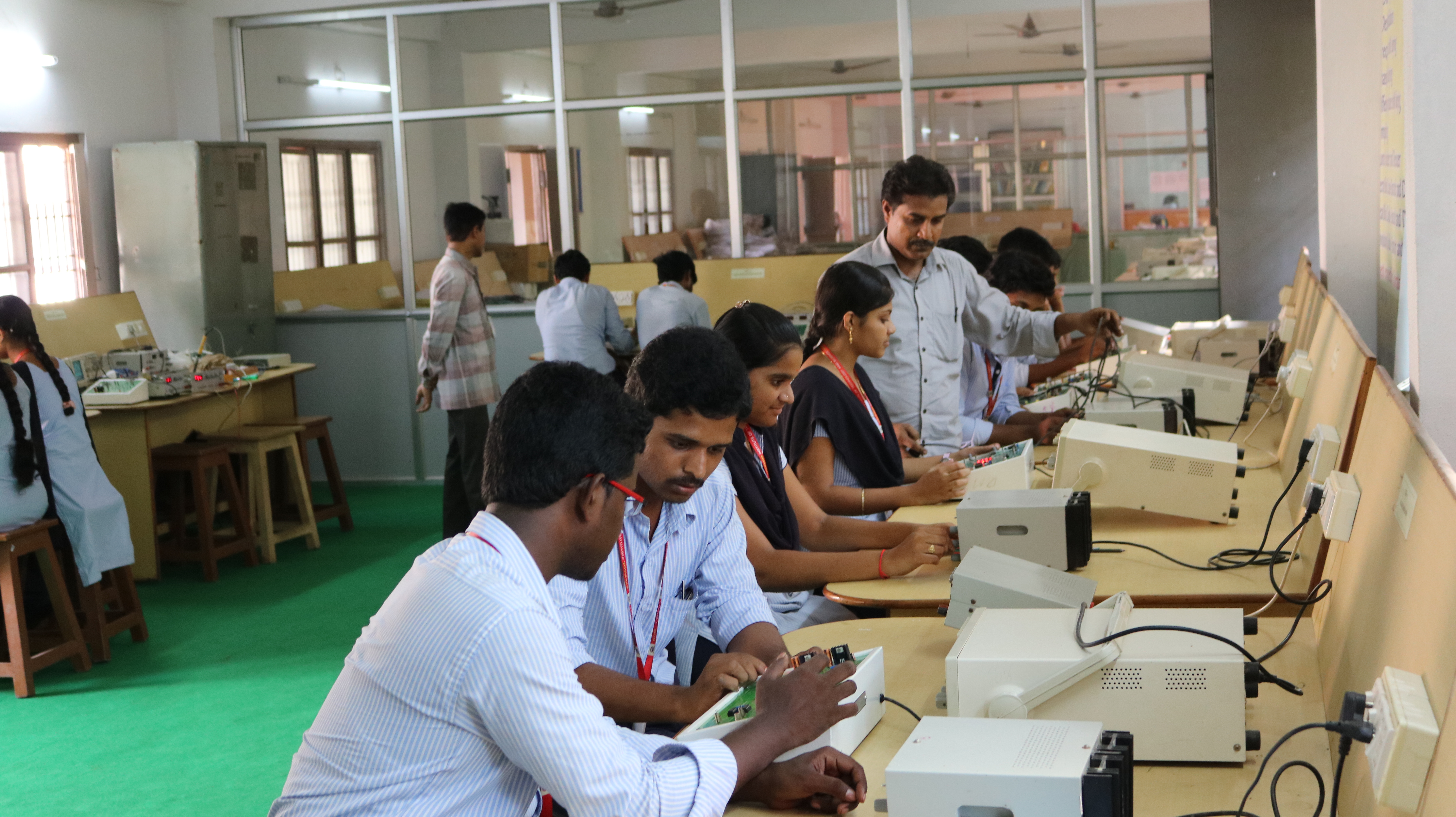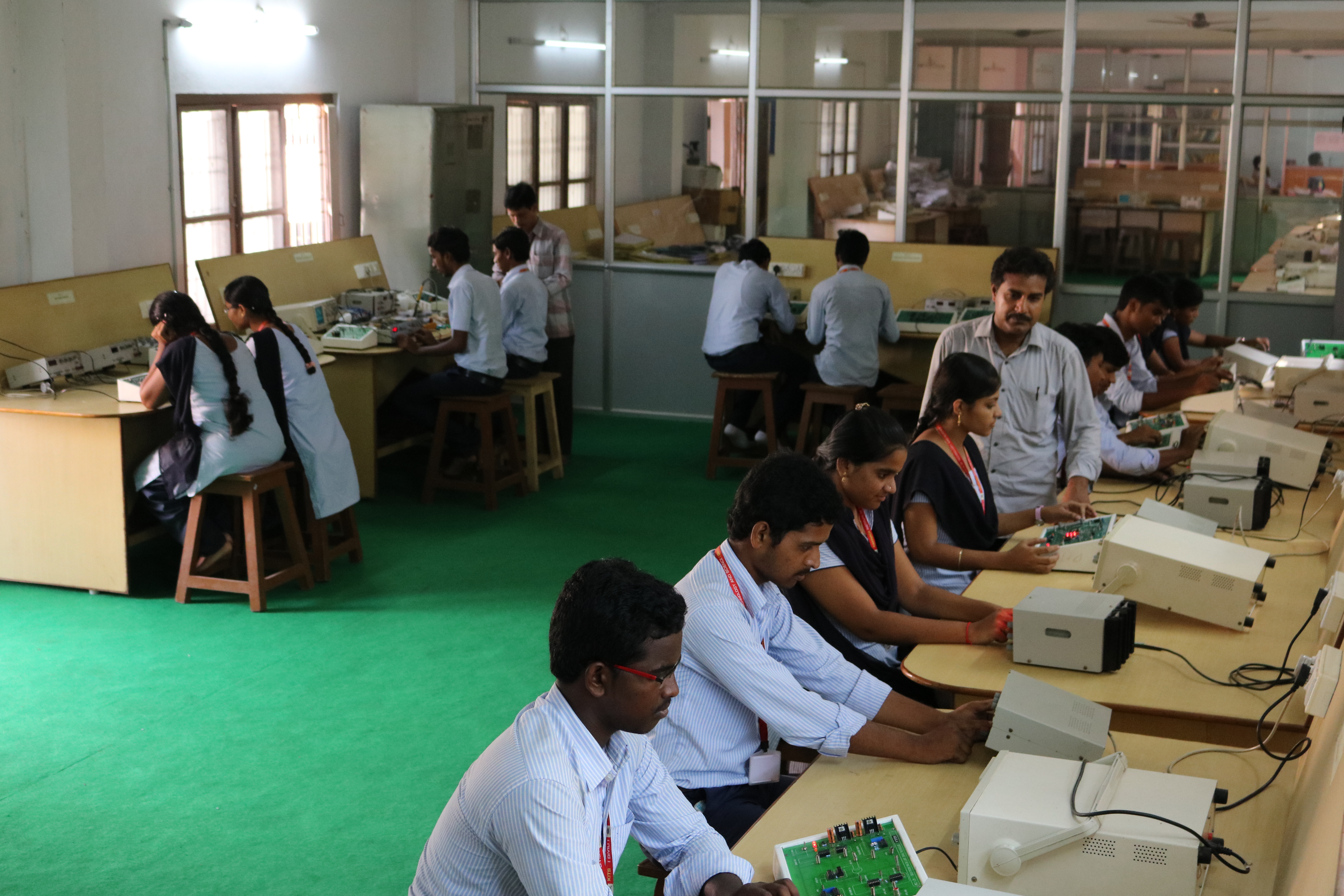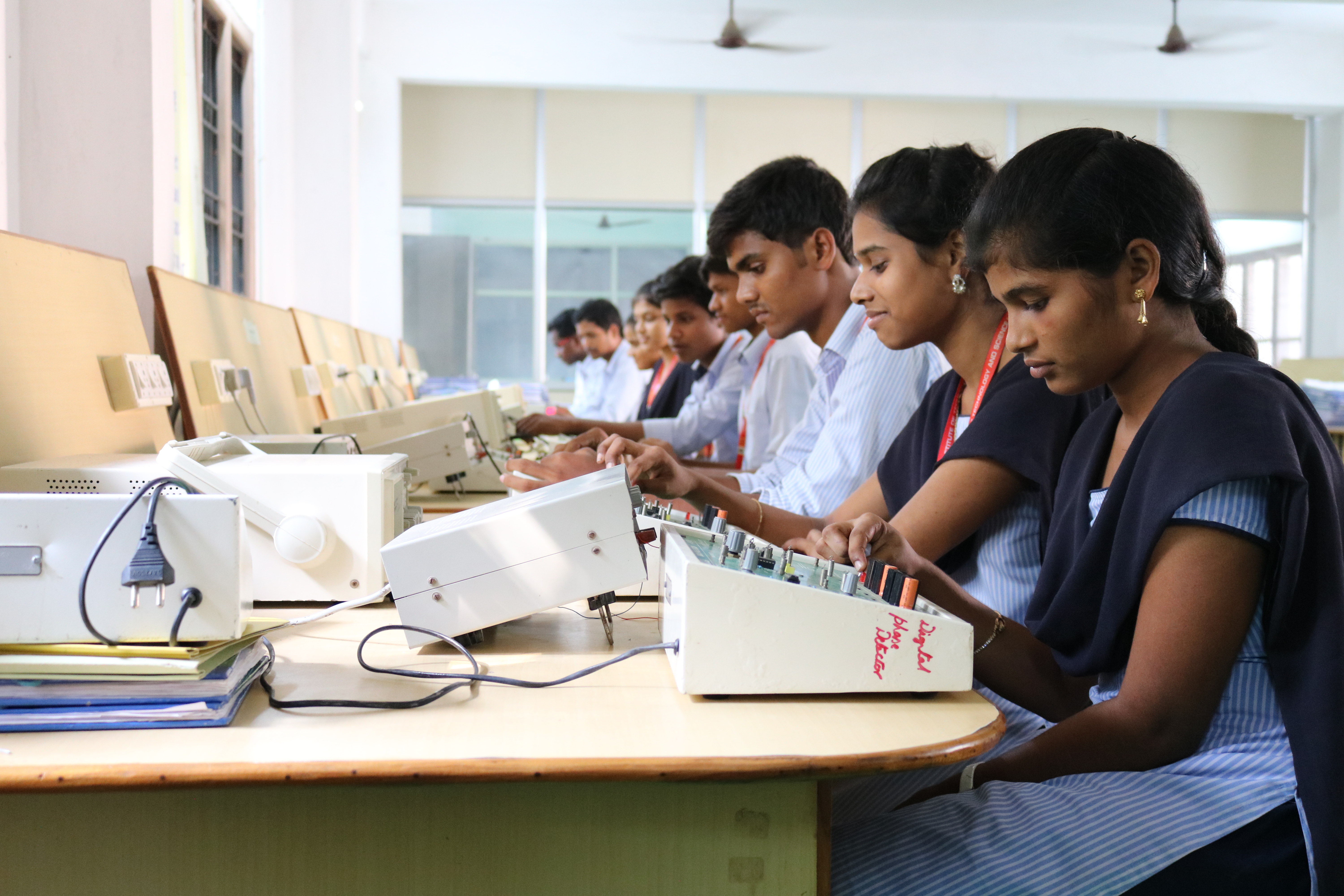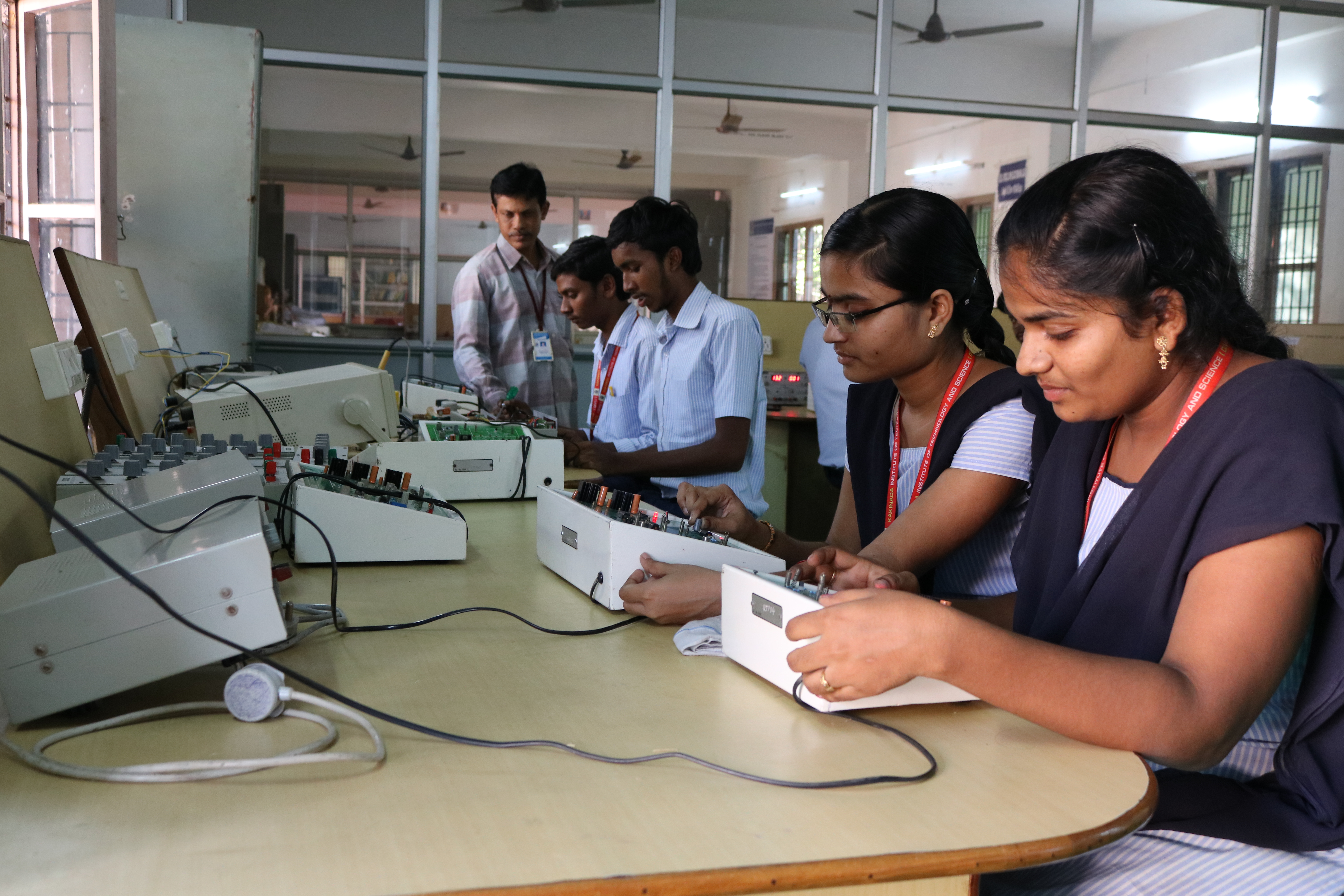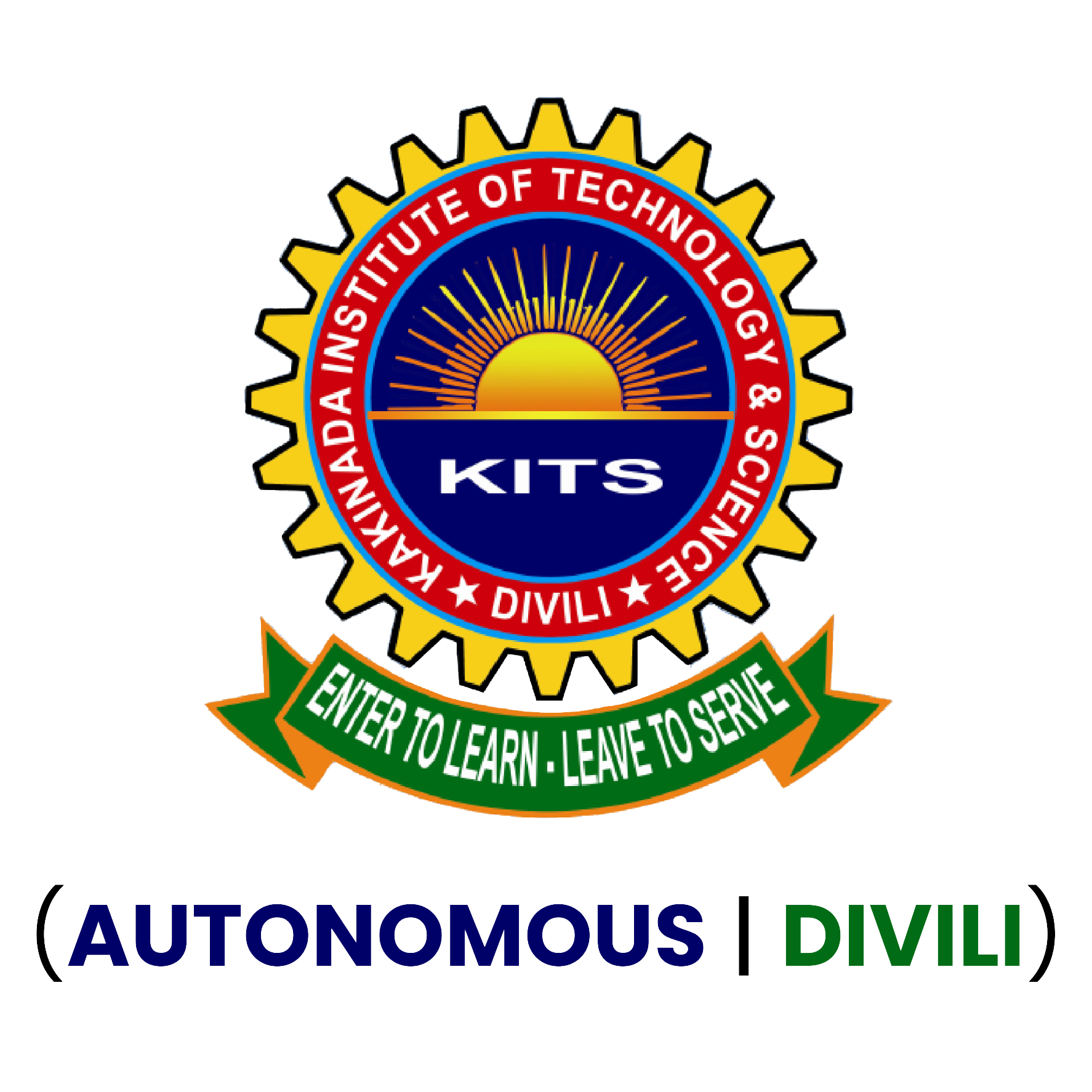
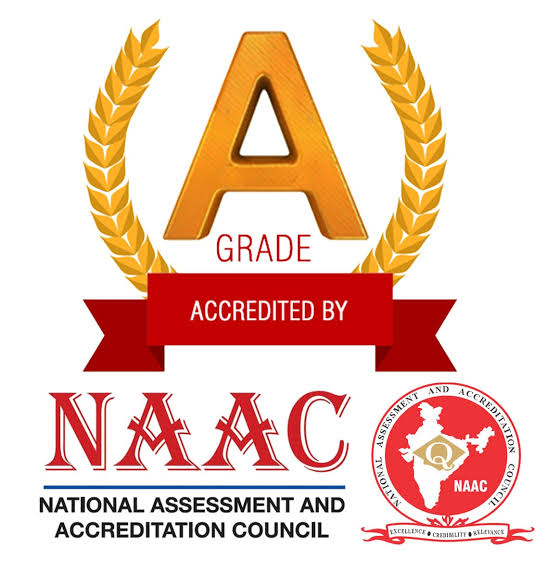




(Permanently Affiliated to JNTUK Kakinada, Approved by AICTE, Accredited by NAAC with A Grade, 2(f), 12(B), ISO Certified)

The Department of Electronics & Communication Engineering (ECE) was started in the year 2008. Electronics and Communication Engineering is one of the most popular fields in engineering which applies science and mathematics to address practical problems.
It offers a B.Tech degree course in Electronics and Communication Engineering and an M.Tech degree course in Embedded system and VLSI Design.To fulfill this dream, the department is manned by a group of well qualified, conscientious and dedicated faculty and technical staff. The salient aspects of the department such as facilities available, achievements, student’s forum etc are brought out in the succeeding sections.
Electronics & Communication Engineering deals with the electronic devices, circuits, communication equipments like transmitter, receiver, integrated circuits (IC). It also deals with basic electronics, analog and digital transmission & reception of data, voice and video (Example AM, FM, DTH), microprocessors, satellite communication, microwave engineering, antennae and wave progression. It aims to deepen the knowledge and skills of the students on the basic concepts and theories that will equip them in their professional work involving analysis, systems implementation, operation, production, and maintenance of the various applications in the field of Electronics and Communications Engineering.
To become a nationally recognized center of excellence that produces skilled, innovative and ethical engineers relevant for academics and industry.
...coming soon
Engineering knowledge: Apply the knowledge of mathematics, science, engineering fundamentals, and an engineering specialisation to the solution of complex engineering problems
Problem analysis: Identify, formulate, review research literature, and analyze complex engineering problems reaching substantiated conclusions using first principles of mathematics, natural sciences, and engineering sciences.
Design/development of solutions: Design solutions for complex engineering problems and design system components or processes that meet the specified needs with appropriate consideration for the public health and safety, and the cultural, societal, and environmental considerations
Conduct investigations of complex problems: Use research-based knowledge and research methods including design of experiments, analysis and interpretation of data, and synthesis of the information to provide valid conclusions
Modern tool usage: Create, select, and apply appropriate techniques, resources, and modern engineering and IT tools including prediction and modelling to complex engineering activities with an understanding of the limitations
The engineer and society: Apply reasoning informed by the contextual knowledge to assess societal, health, safety, legal and cultural issues and the consequent responsibilities relevant to the professional engineering practice
Environment and sustainability: Understand the impact of the professional engineering solutions in societal and environmental contexts, and demonstrate the knowledge of, and need for sustainable development.
Ethics: Apply ethical principles and commit to professional ethics and responsibilities and norms of the engineering practice.
Individual and team work: Function effectively as an individual, and as a member or leader in diverse teams, and in multidisciplinary settings.
Communication: Communicate effectively on complex engineering activities with the engineering community and with society at large, such as, being able to comprehend and write effective reports and design documentation, make effective presentations, and give and receive clear instructions
Project management and finance: Demonstrate knowledge and understanding of the engineering and management principles and apply these to one’s own work, as a member and leader in a team, to manage projects and in multidisciplinary environments.
Life-long learning: Recognize the need for, and have the preparation and ability to engage in independent and life-long learning in the broadest context of technological change.
| S.No | Name of the Staff Member | Designation | Qualification | Date of Joining in this college |
|---|---|---|---|---|
| 1 | Dr.V.Gajendra Kumar | Professor | Ph.D | 30-12-2022 |
| 2 | Dr.E.Sarva Rameswaradu | Associate Professor | Ph.D | 05-09-2008 |
| 3 | Dr.K.Murali Babu | Associate professor | Ph.D | 31-12-2022 |
| 4 | Smt.L.Ananta Lakshmi | Asst Professor | M.Tech | 11-12-2021 |
| 5 | Sri K.Chinna Apparao | Asst Professor | M.Tech | 09-04-2022 |
| 6 | Kum.M.Ansar Jaha | Asst Professor | M.Tech | 27-12-2022 |
| 7 | Sri E.Atcha Rao | Asst Professor | M.Tech | 01-06-2016 |
| 8 | Sri S.Sivalingam | Asst Professor | M.Tech | 02-01-2023 |
| 9 | Sri J.Kaliappan | Asst Professor | M.Tech | 02-01-2023 |
| 10 | Sri M.Krishna Murthy | Asst Professor | M.Tech | 26-12-2022 |
| 11 | Sri R.Shiva kumar | Asst Professor | M.Tech | 26-12-2022 |
| 12 | Sri Ch. Sunita | Asst Professor | M.Tech | 02-01-2023 |
| S.No | Name | Department | Designation | Qualification |
|---|---|---|---|---|
| 1 | Sri K.K. Bhaskara Rao | Ece | Lab Asst | B.Tech |
